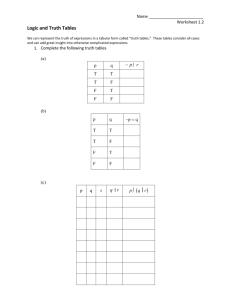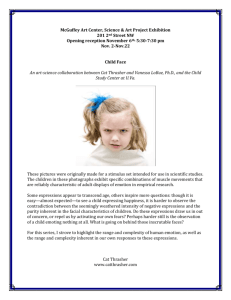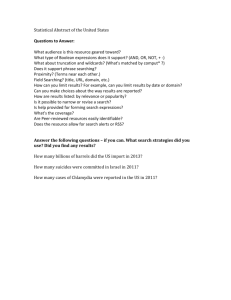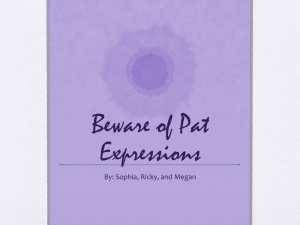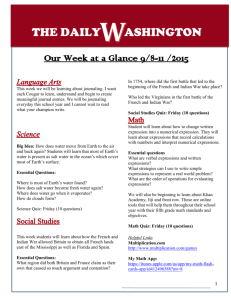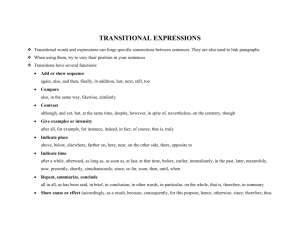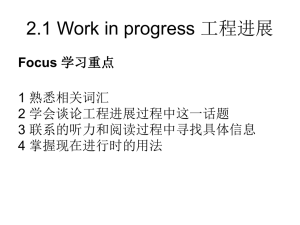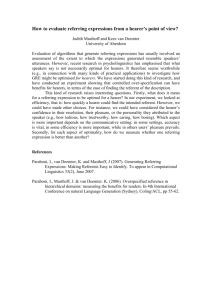Business Clichés
advertisement
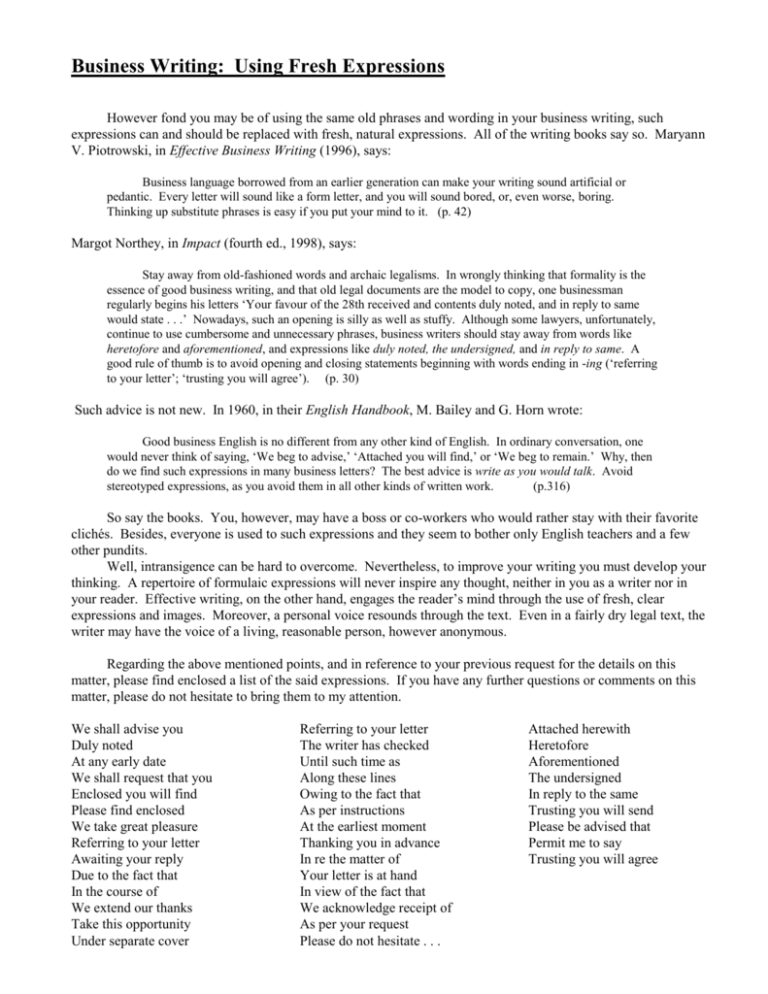
Business Writing: Using Fresh Expressions However fond you may be of using the same old phrases and wording in your business writing, such expressions can and should be replaced with fresh, natural expressions. All of the writing books say so. Maryann V. Piotrowski, in Effective Business Writing (1996), says: Business language borrowed from an earlier generation can make your writing sound artificial or pedantic. Every letter will sound like a form letter, and you will sound bored, or, even worse, boring. Thinking up substitute phrases is easy if you put your mind to it. (p. 42) Margot Northey, in Impact (fourth ed., 1998), says: Stay away from old-fashioned words and archaic legalisms. In wrongly thinking that formality is the essence of good business writing, and that old legal documents are the model to copy, one businessman regularly begins his letters ‘Your favour of the 28th received and contents duly noted, and in reply to same would state . . .’ Nowadays, such an opening is silly as well as stuffy. Although some lawyers, unfortunately, continue to use cumbersome and unnecessary phrases, business writers should stay away from words like heretofore and aforementioned, and expressions like duly noted, the undersigned, and in reply to same. A good rule of thumb is to avoid opening and closing statements beginning with words ending in -ing (‘referring to your letter’; ‘trusting you will agree’). (p. 30) Such advice is not new. In 1960, in their English Handbook, M. Bailey and G. Horn wrote: Good business English is no different from any other kind of English. In ordinary conversation, one would never think of saying, ‘We beg to advise,’ ‘Attached you will find,’ or ‘We beg to remain.’ Why, then do we find such expressions in many business letters? The best advice is write as you would talk. Avoid stereotyped expressions, as you avoid them in all other kinds of written work. (p.316) So say the books. You, however, may have a boss or co-workers who would rather stay with their favorite clichés. Besides, everyone is used to such expressions and they seem to bother only English teachers and a few other pundits. Well, intransigence can be hard to overcome. Nevertheless, to improve your writing you must develop your thinking. A repertoire of formulaic expressions will never inspire any thought, neither in you as a writer nor in your reader. Effective writing, on the other hand, engages the reader’s mind through the use of fresh, clear expressions and images. Moreover, a personal voice resounds through the text. Even in a fairly dry legal text, the writer may have the voice of a living, reasonable person, however anonymous. Regarding the above mentioned points, and in reference to your previous request for the details on this matter, please find enclosed a list of the said expressions. If you have any further questions or comments on this matter, please do not hesitate to bring them to my attention. We shall advise you Duly noted At any early date We shall request that you Enclosed you will find Please find enclosed We take great pleasure Referring to your letter Awaiting your reply Due to the fact that In the course of We extend our thanks Take this opportunity Under separate cover Referring to your letter The writer has checked Until such time as Along these lines Owing to the fact that As per instructions At the earliest moment Thanking you in advance In re the matter of Your letter is at hand In view of the fact that We acknowledge receipt of As per your request Please do not hesitate . . . Attached herewith Heretofore Aforementioned The undersigned In reply to the same Trusting you will send Please be advised that Permit me to say Trusting you will agree

